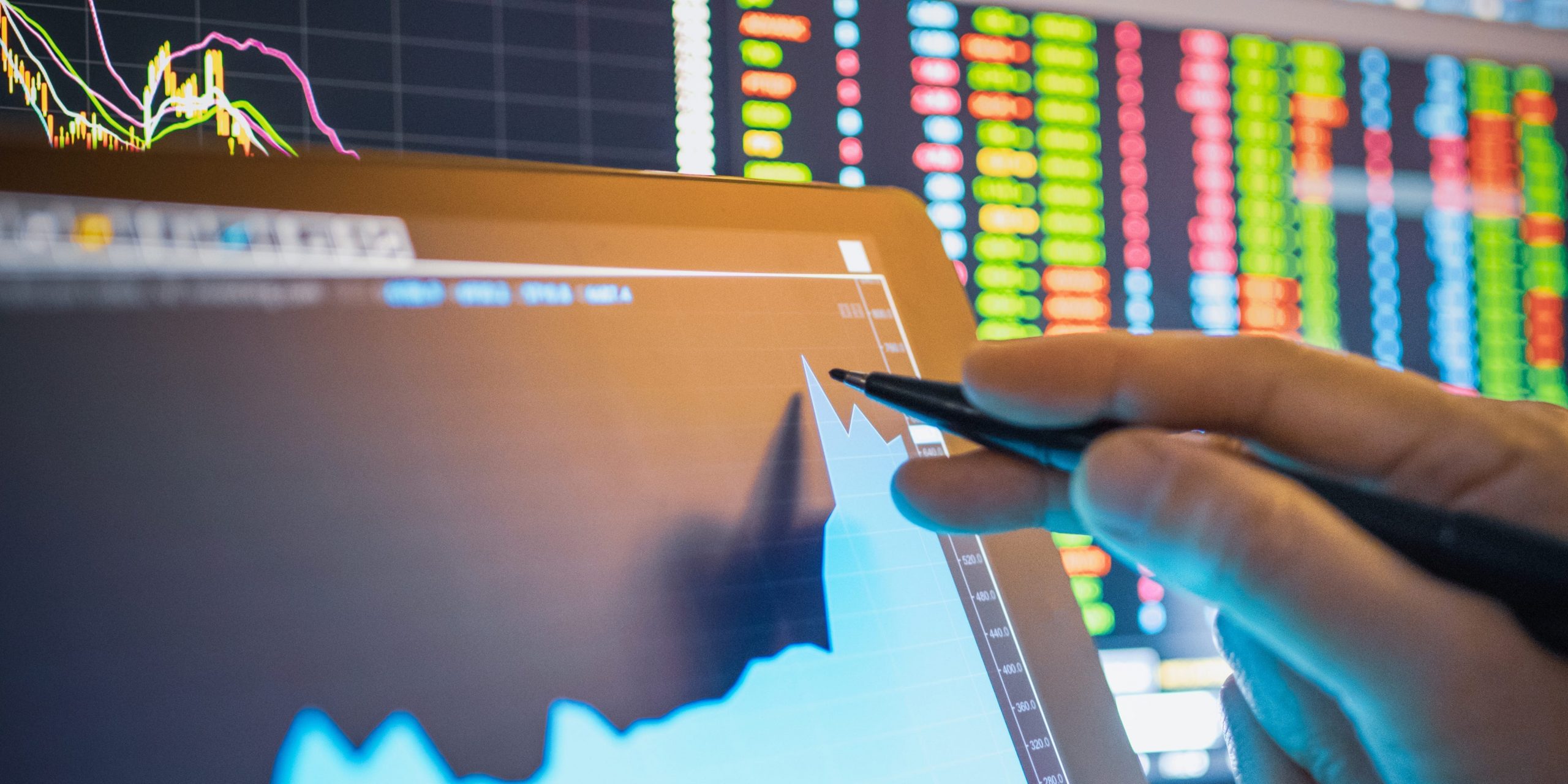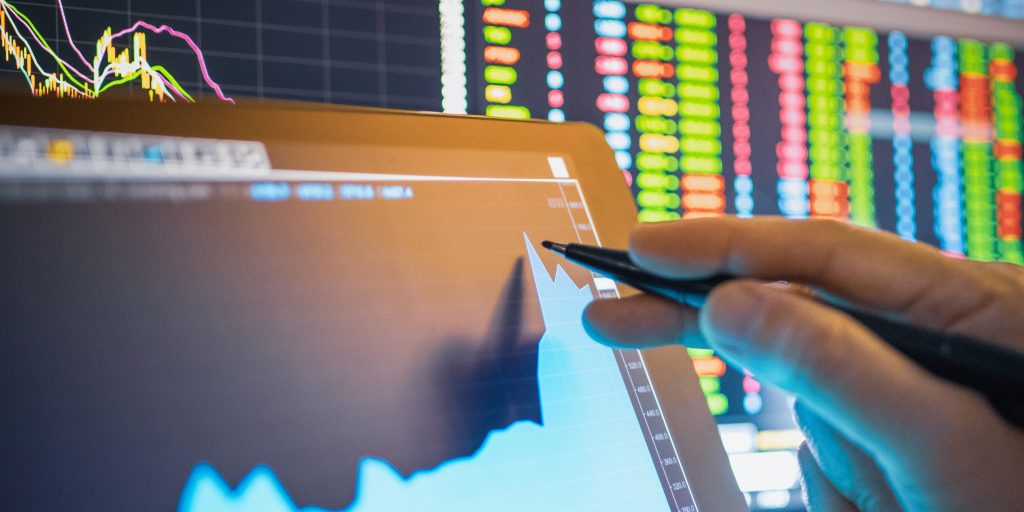
- One-third of traders reset their portfolio in view of the Delta COVID variant, a Charles Schwab survey found.
- An increase in exposure to equities, cash or fixed income were the three most popular changes among the individual traders.
- Inflation and the risk a stock bubble are also on the mind of traders, who believe volatility will only increase.
- Sign up here for our daily newsletter, 10 Things Before the Opening Bell.
The outbreak and spread of the Delta coronavirus variant led 33% of active stock traders to change strategy to brace for its impact, and a further 50% are ready to shift tack if needed, a Charles Schwab survey found.
The pandemic was the top concern for individual stock traders for the remaining months of 2021, beating even inflation, the trading-platform provider said in its report published Friday.
Among those who adjusted their weightings, 44% increased their exposure to stocks. Cash attracted 37%, while 34% turned to fixed-income assets, making those the most popular changes.
The rise in Delta variant cases worldwide has weighed on markets in recent weeks, as investors grow more concerned that it may bring in extended and new lockdown restrictions with an associated impact on economic recovery.
There has been a surge of people turning to trading during the pandemic, Charles Schwab noted. Almost half of those polled say that are adjusting their approach monthly, if not more often, to meet shifting risks.
"The last eighteen months has unleashed an influx of new traders into the market, and as we examine this data, we are seeing traders new and seasoned alike are attuned to the pressing issues of inflation and the Delta variant," Barry Metzger, head of trading and education at Charles Schwab, said in a statement.
Inflation was seen as a risk by 95% of respondents. Almost half believe high rates are here to stay, disagreeing with the Federal Reserve, which has said the current unusually high inflation is transitory. Markets have reacted sensitively to the release of US inflation data in recent months, as it is seen as a factor in the Fed's decision making on whether and when to withdraw monetary stimulus. That support has bolstered stocks.
At the same time, 86% of survey respondents believe it is likely were are in a stock market bubble, the survey showed. Investment strategists have sounded warnings about US equities as they continue their march higher. Richard Bernstein called the current market situation the biggest bubble of his career, while "Rich Dad Poor Dad" author Robert Kiyosaki told investors to prepare for a 'terrifying' market crash.
At the same time, the survey indicated that so-called meme stocks still have fans, with almost half saying they had traded stocks such as GameStop and AMC Entertainment this year. Stocks in those companies exploded higher earlier this year, driven higher by overwhelming demand from retail investors, many of whom congregated on Reddit.
More than one quarter of those surveyed said they had traded meme stocks for fun, rather than as part of a trading plan. Most see the trend as here to stay through next year, with only 23% agreeing that it's not likely to persist.
Conducted in recent weeks, the study surveyed 500 US traders who make 36 or more trades each year.

